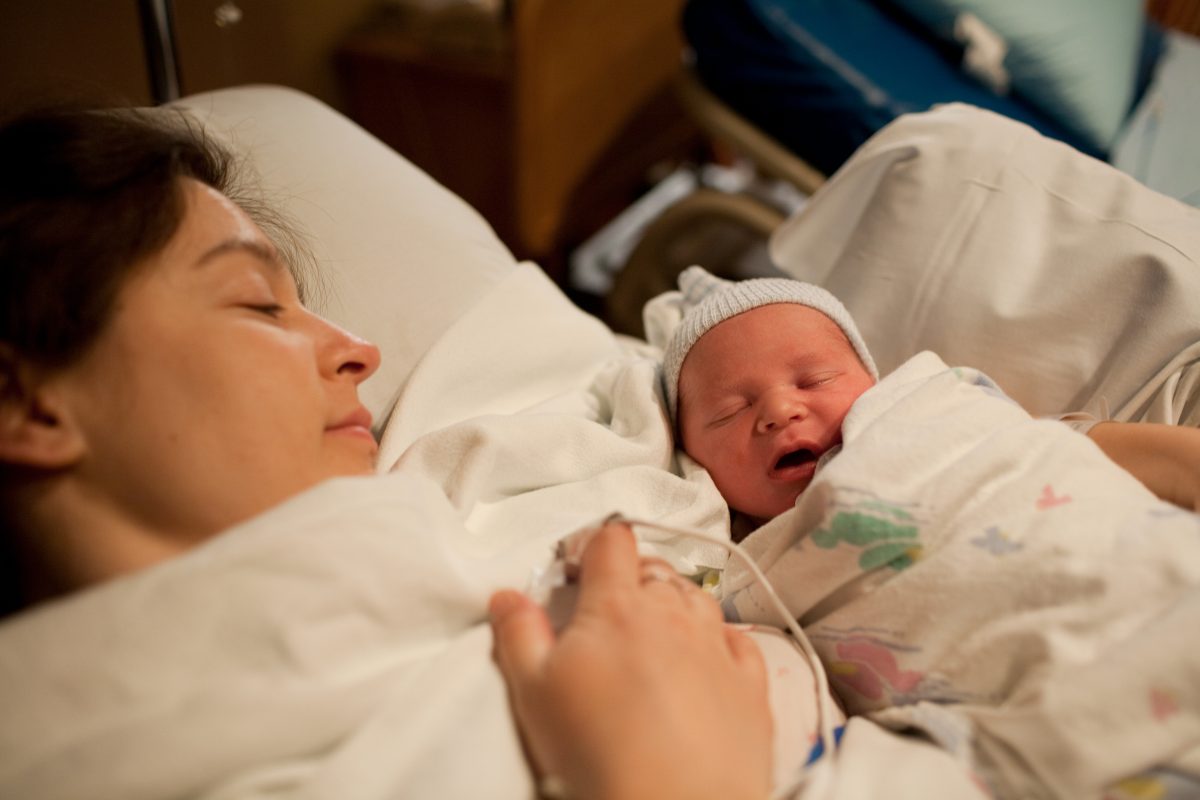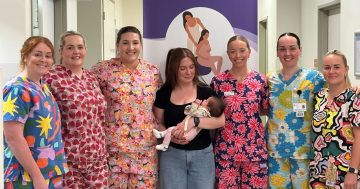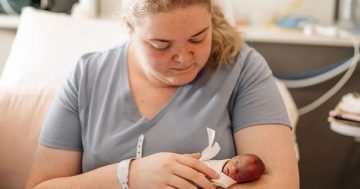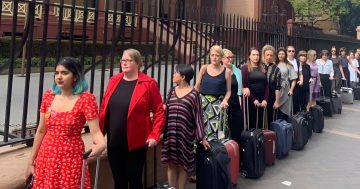
The calm after the storm. Photo: File.
Before I had a child, I was fairly nonchalant about the role of midwives in safeguarding both maternal and child health.
I figured they were secondary in importance to the obstetrician and paediatrician, and whilst I was grateful to know that I would have access to knowledgeable medical staff when the time came, I had no idea how fundamentally important the midwives I would meet would be in creating a safe and happy environment for my first weeks as a mother.
Long before I was pregnant myself, I had a number of people tell me that they were retraining to be midwives – women who were skilled and experienced in other careers but who were so greatly impacted by their experiences of giving birth and the role of midwives that they wanted to pursue that career themselves. They were driven by the desire to have the same positive impact on other mothers that their midwives had on them.
Again, without any experience myself, I couldn’t really understand it. From what I could tell, the job was gruelling and emotional and rarely acknowledged for its importance within the medical industry. Why choose that when you had a comfortable, office-based career already?
It was only after I had my son that I truly realised what a special breed midwives are.
I had a stressful birth experience – my baby came six weeks early after a pelvic bleed and spent several weeks in the special care nursery. But every step of the way, I had compassionate, caring and skilled midwives who took care of me. Over the course of my late pregnancy and birth, I toured multiple different hospitals. At each location, the care I received from midwives was exceptional.
These women were gentle, caring and very capable. I felt immediately at ease with all of the procedures because my midwives took the time to inform me, comfort me, and empower me to make decisions with all the facts. When my baby came, they were excited for me and showed genuine interest in him and my partner and me as a family unit – even though they were working with so many families at the same time. They patiently taught us how to care for our son and were proud and celebratory when we reached each new milestone before being able to take him home.
When we finally left the hospital, I felt so confident and ready to care for our newborn, entirely thanks to the support we had received (which, of course, also included an excellent obstetrician, paediatrician and other medical staff).
I know that my experience is my own, and others may have different ones. I’ve heard of some horror stories, and I know that we can’t make universal generalisations about an entire sector. But given the fact that we have a midwife shortage in Australia, and midwives report feeling burnt out and underappreciated, the fact that my experience was so consistently positive despite being across numerous sites and encapsulating many different midwives really says something about the type of women who are attracted to the profession.
I now have an immense respect for midwives – women who dedicate their lives to providing care, compassion and support to others as we go through some of the most challenging and unique experiences we’re likely to ever have.
Original Article published by Zoya Patel on Riotact.















